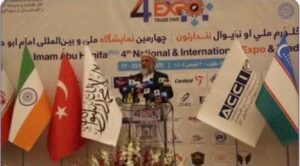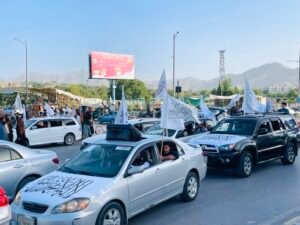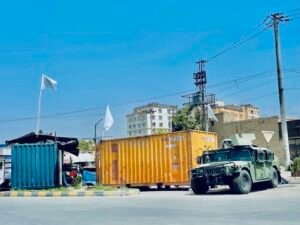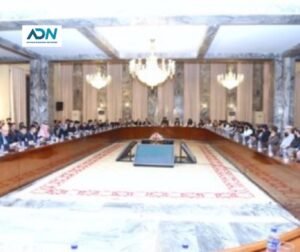Pakistan in Afghanistan’s Quagmire
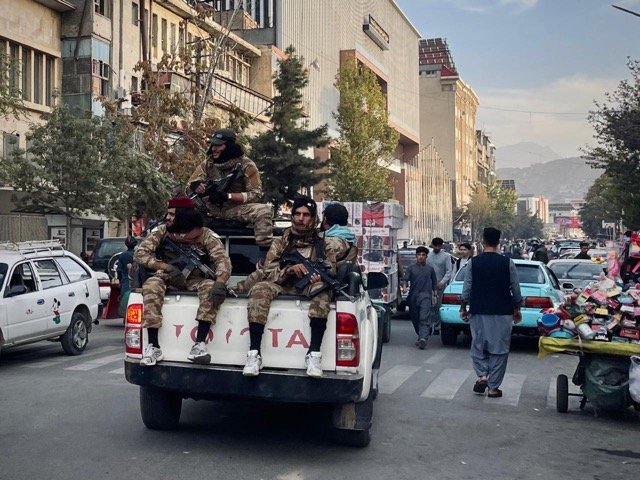
Taliban fighters riding on a truck in central Kabul. Photo: @AADIL for ADN
By SS Ahmad
Following Pakistan’s recent bombardment of Kabul and several eastern and southern provinces, reports circulating on social media indicate skirmishes between Taliban and Pakistani forces along the Durand Line.
In response, former Afghan intelligence chief Rahmatullah Nabil wrote on his X account that Pakistan is now “trapped in Afghanistan’s quagmire”—a sharp assessment of the unfolding conflict that highlights a historic reversal of roles between Islamabad and the Taliban.
For decades, Pakistan pursued influence in Afghanistan through its policy of “strategic depth,” supporting militant proxies to shape Kabul’s politics and counter regional rivals. This approach appeared effective during the Taliban’s rise, but it has now backfired.
The Taliban, once seen as Islamabad’s pliant partner, is asserting its independence, challenging Pakistan militarily and politically. The very networks Islamabad once cultivated for control are now a threat to its own borders and internal stability.
The cross-border tensions also expose the fragility of Pakistan’s regional strategy. As it faces growing domestic economic hardship, political infighting, and an emboldened Tehreek-e-Taliban Pakistan (TTP), Islamabad’s capacity to manage multiple fronts is diminishing. Meanwhile, regional dynamics are shifting—China, Iran, and India are redefining their roles in Afghanistan, limiting Pakistan’s traditional leverage.
Nabil’s remarks reflect a broader truth repeatedly confirmed by history: no external power can permanently manipulate Afghanistan. The Soviets and Americans both failed to bend the country to their will, and now Pakistan risks the same fate.
The ongoing clashes along the Durand Line underscore how coercive policies and proxy warfare have come full circle. Unless Islamabad rethinks its doctrine—replacing domination with diplomacy and cooperation—it may find itself sinking deeper into the very quagmire it engineered for others.
SS Ahmad is a freelance researcher and journalist based in, Kabul Afghanistan.
Note: The contents of the article are of sole responsibility of the author. Afghan Diaspora Network will not be responsible for any inaccurate or incorrect statement in the articles.


